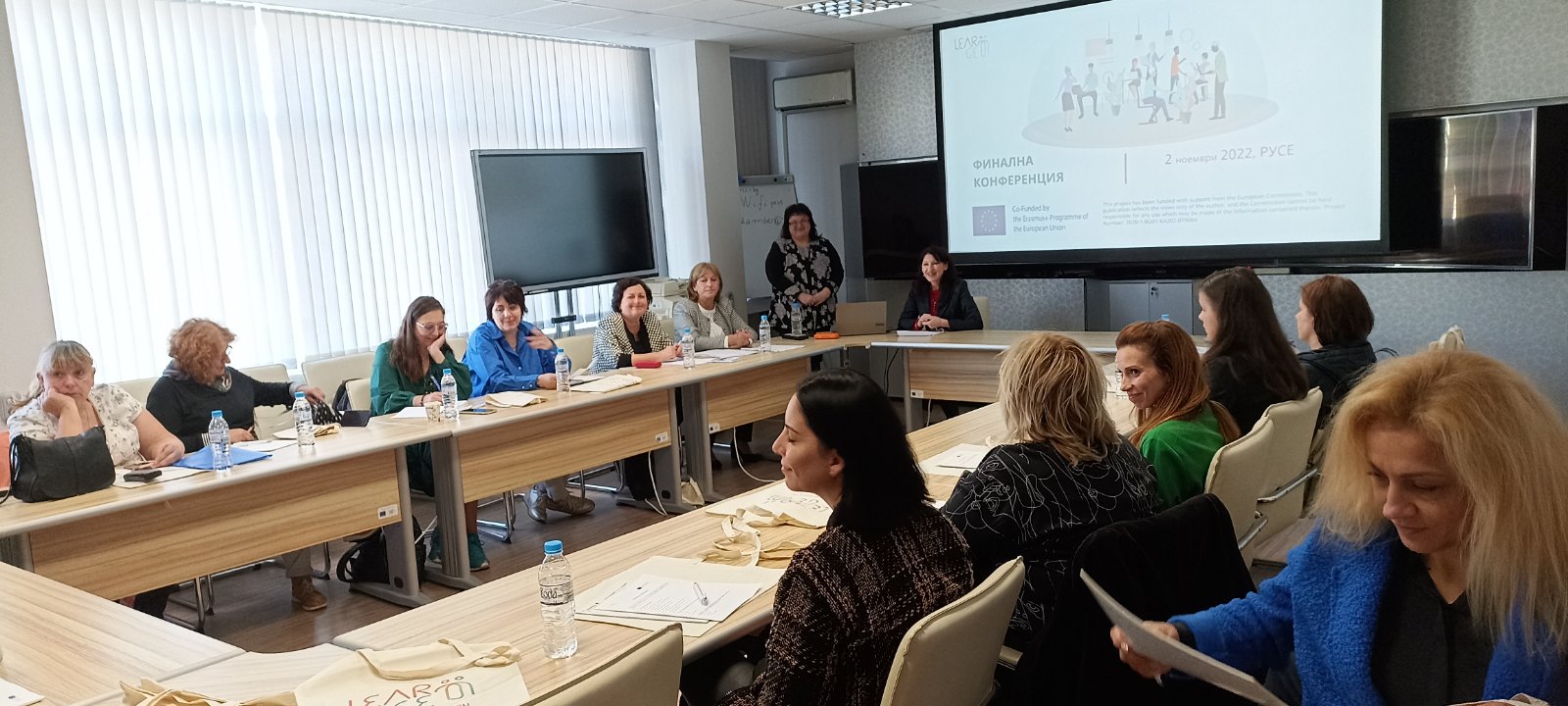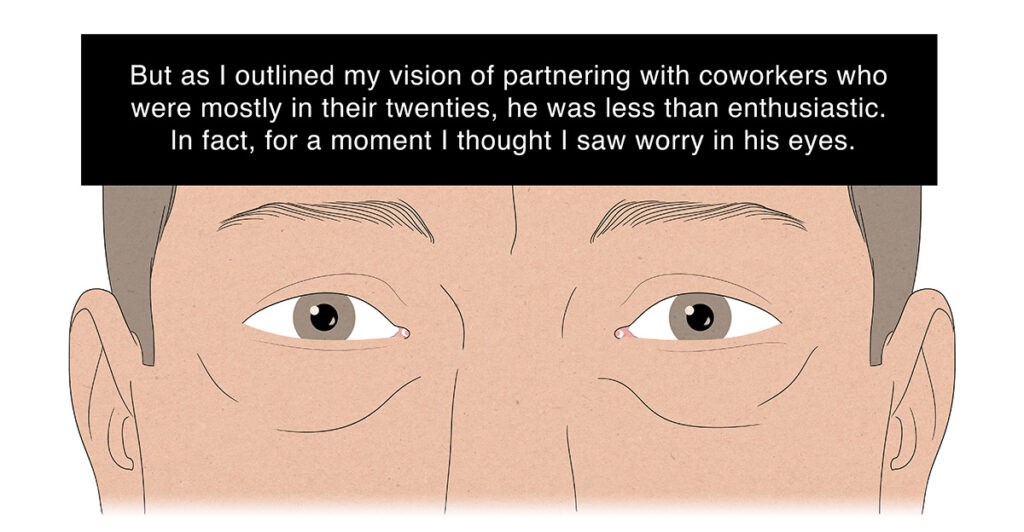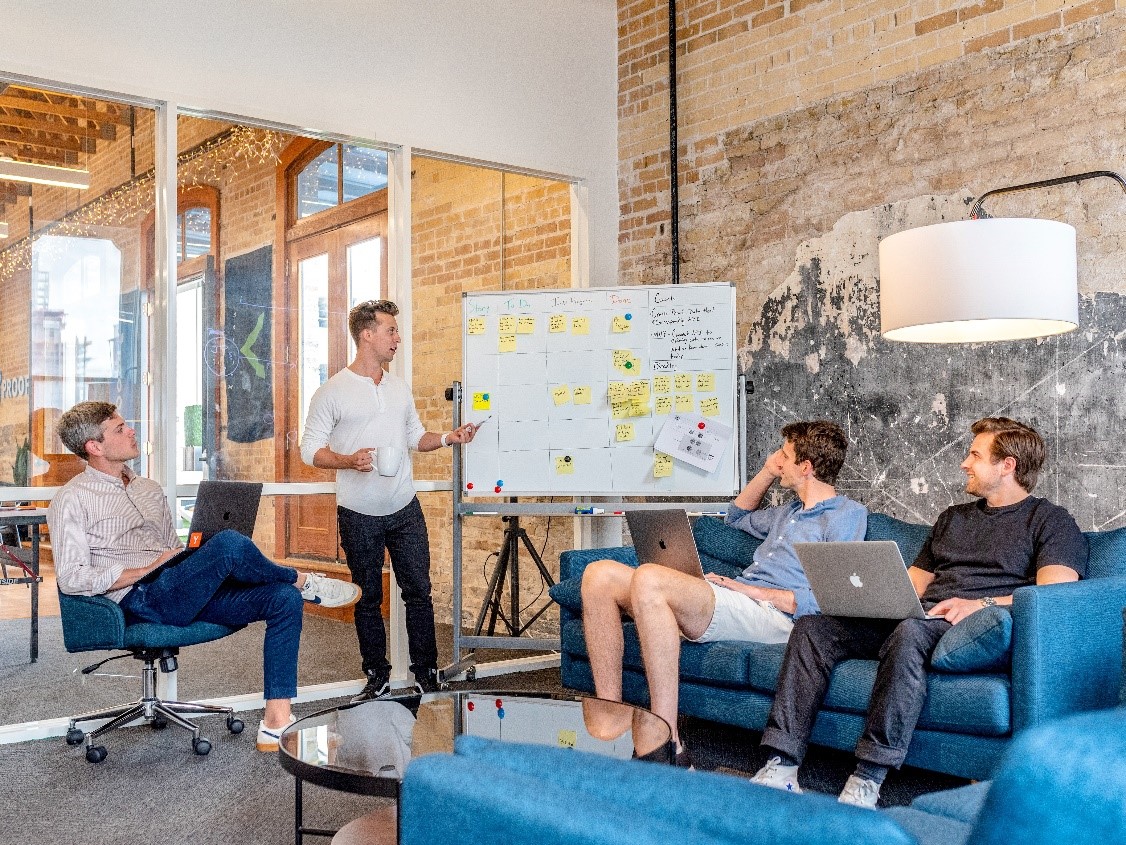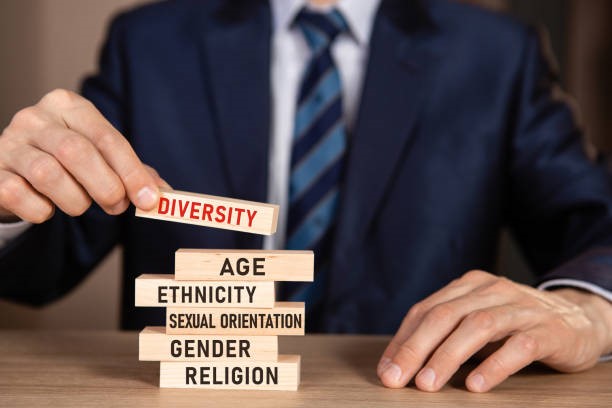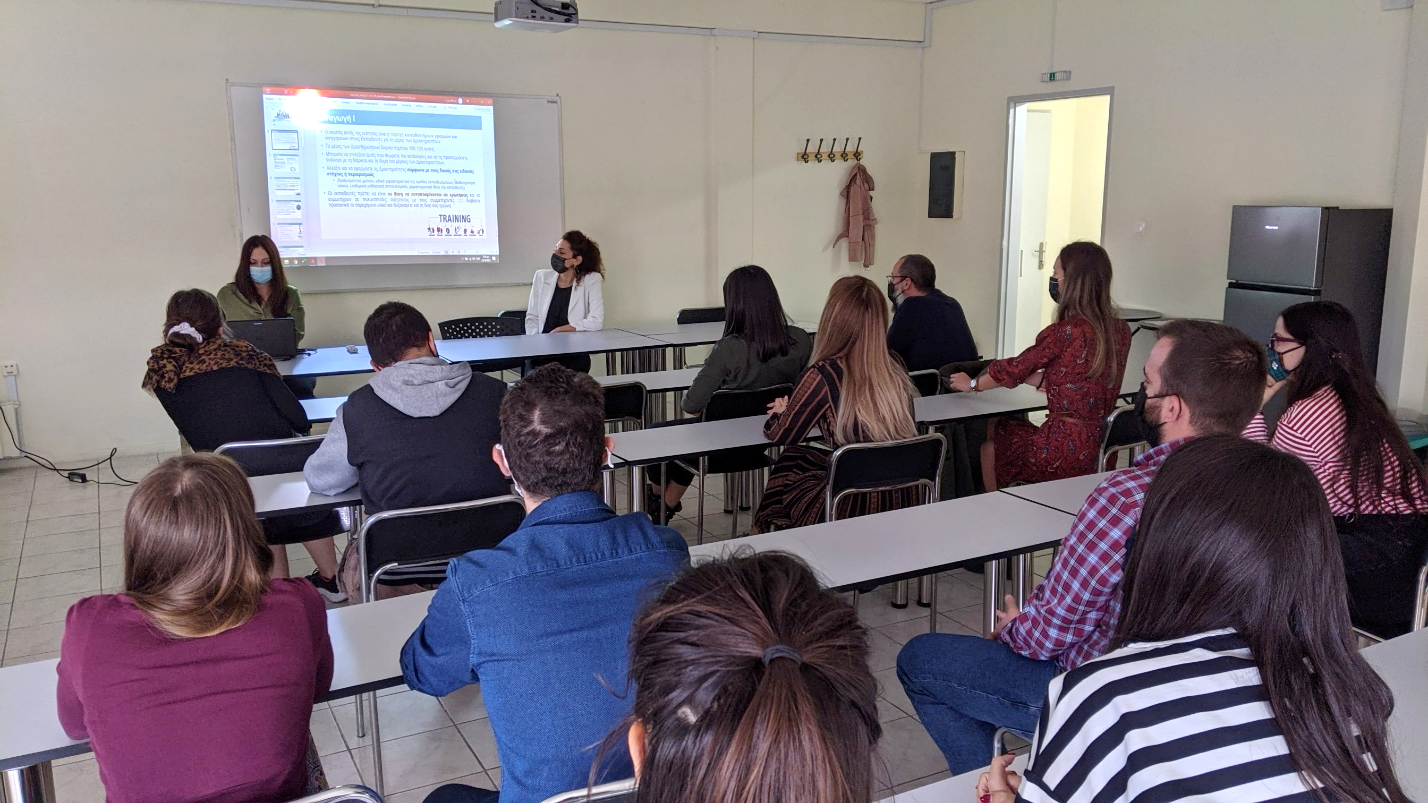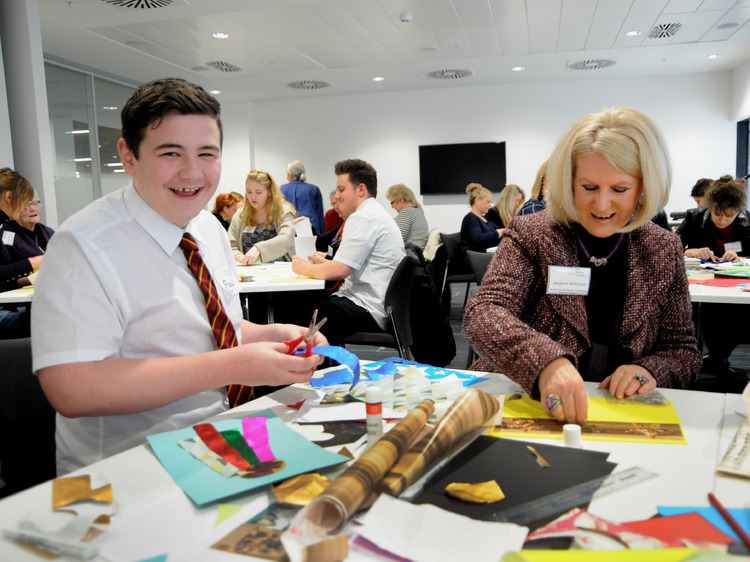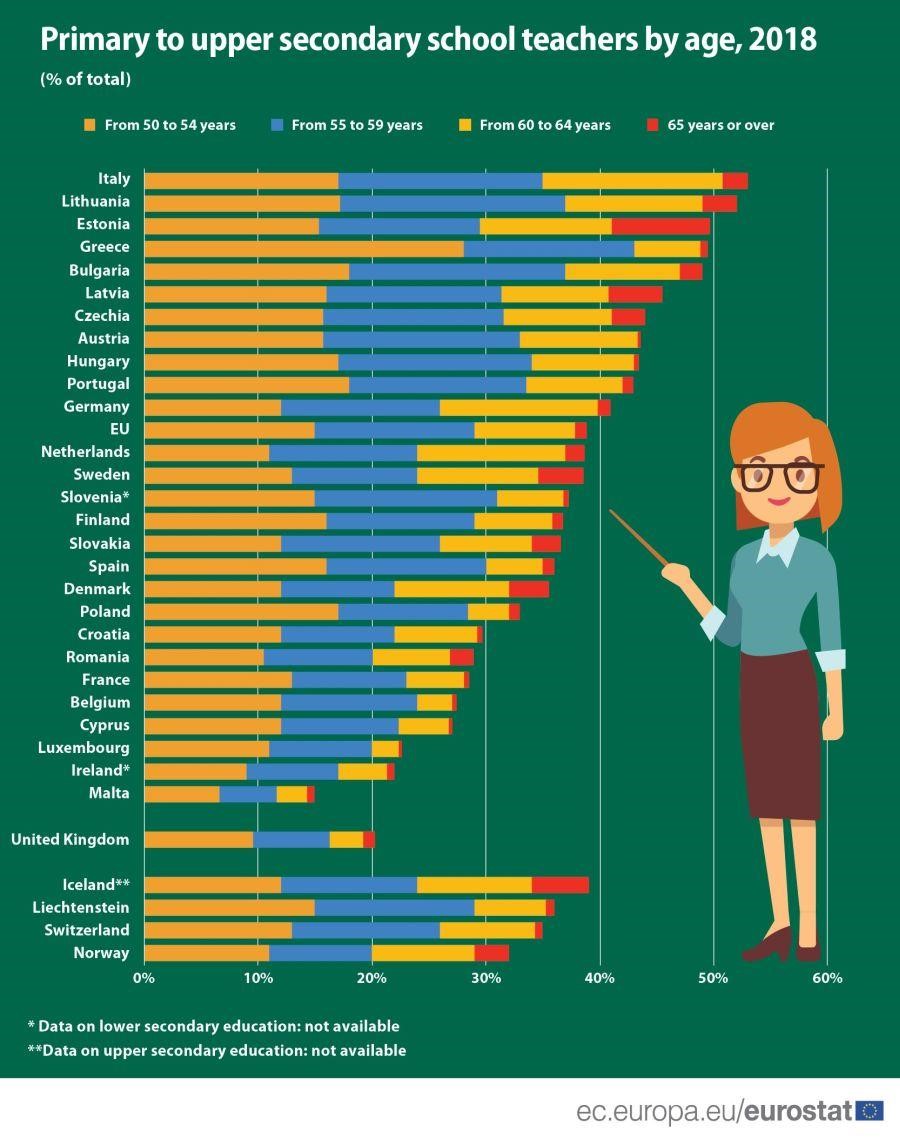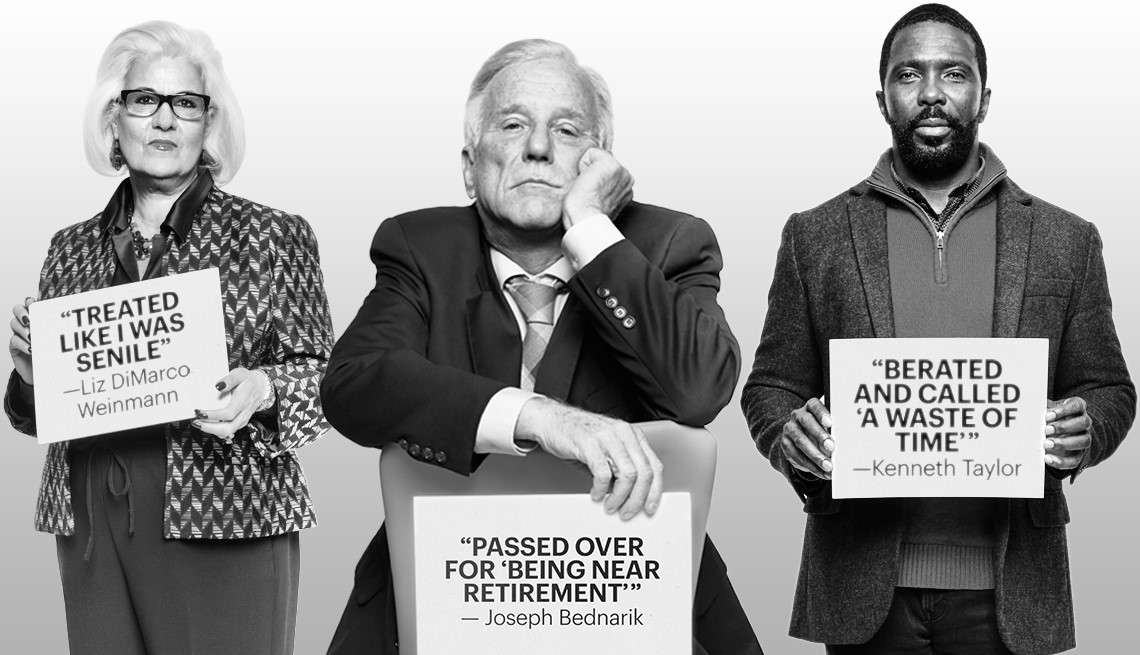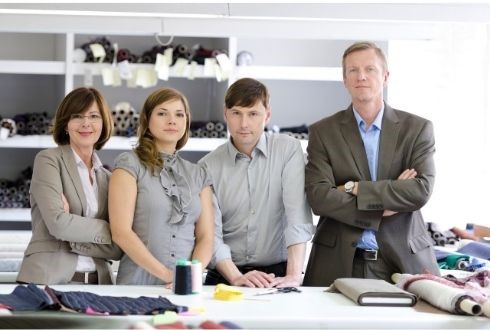Ageism in the Workplace: Whom does it concern?

Have you ever felt that you will not be able to find a job because you are very young or because you are getting older? Have you ever felt this for a family member, a friend or a colleague? When age biases negatively affect workplace decisions about employment, termination, retirement, benefits, training and promotion opportunities, age discrimination is in action1 and it can affect us all at different stages of our lives.
According to the European Social Survey (www.eurage.com), ageism has proven to be the most prevalent type of discrimination, reported by more than 1/3 of participants over the age of 18. The 2019 Eurobarometer Report on Discrimination in the EU reveals that 40 % of individuals in the EU believe that age discrimination is widespread in their country. While ageism can affect both younger and older people, it seems that people over 55 are more likely to feel discriminated against for their age compared to people aged below 30.
In the same study2, individuals surveyed perceive discrimination arising not only in the employment context but also as occurring frequently in public spaces including cafes, restaurants, bars and nightclubs, shops or banks, in healthcare, or by school or university personnel or even discrimination or harassment by social service personnel. The above-mentioned data reveal that the workplace as a microcosm of society reflects the stereotypes and biases that are part of our national social environment. That is why a holistic approach towards alleviating this challenge and a change of peoples’ mindset are necessary.
UNECE’s Policy Brief No. 213: Combating ageism in the world of work suggests three different strategies to address the problem:
- Removing ageist provisions in the legal and regulatory framework, ensuring equality and promoting awareness about employee rights and providing support in case of victimization due to age reasons.
- Addressing prejudice and negative stereotypes about older workers through awareness-raising campaigns highlighting their positive impact and benefits for the labor market, promoting intergenerational contact through mentoring and reverse mentoring (see LearnGEN project) and job-sharing schemes; enhancing confidence and self-esteem, and foster employability through upskilling of older workers.
- Encouraging age-inclusive and age-diverse workplaces through strategies that provide financial incentives to employers, support the implementation of age-management projects and fostering capacity building partnerships.
Tackling ageism in the labor market will help to form age-inclusive and age-diverse workplaces that offer equal opportunities for all generations. This will further contribute to enabling longer working lives and ability to work in the region’s ageing societies to make the most of the potential of longevity, in line with implementing the 2030 Agenda for Sustainable Development and especially for inclusive and sustainable economic growth.
Full and productive employment and decent work is a right everyone deserves and combating ageism in the workplace is a matter that concerns us all because – indeed – we all age.
References:
- https://www.ingentaconnect.com/;jsessionid=1g8vedklvztvg.x-ic-live-01?logoHome=true
- European Commission, Special Eurobarometer Report 493 (2019)
- https://www.unece.org/population/ageing/policybriefs.html
- https://unece.org/population/news/combating-ageism-workplace-key-sustainable-future-work
The European Commission’s support for the production of this website does not constitute an endorsement of the contents, which reflect the views only of the authors, and the Commission cannot be held responsible for any use which may be made of the information contained therein.
Project Number: 2020-1-BG01-KA202-079064
Privacy Policy

